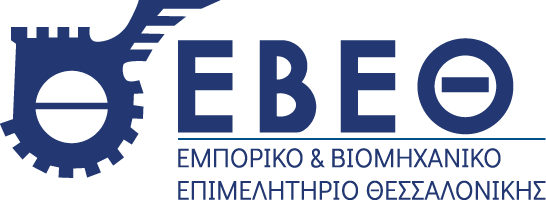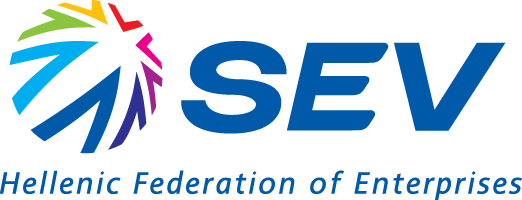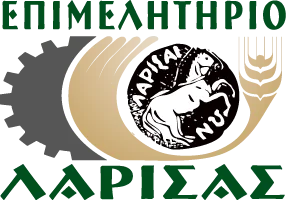Larissa at the Heartbeat of Innovation
27 & 28 March 2026
The Innovent Forum returns for its fourth consecutive year, more dynamic than ever, actively engaging the entire city.
Two days filled with unique technology experiences, workshops, presentations, and live demonstrations of innovations shaping our present and future, hosted at JOIST Innovation Park, JOIST Innovation Space Larissa, and key cultural venues across the city of Larissa.
Thematic Pillars
The New Era
of Connectivity:
5G/6G & the Internet
of Things (IoT)
How next-generation hyperconnectivity is redefining urban environments, driving business transformation, and enhancing everyday living.
Green
Technology &
Energy
Innovation
Advancing sustainable solutions—from energy production and storage to circular economy practices.
Artificial
Intelligence &
Next-Generation
Digital Experiences
AI, XR, and immersive technologies that are transforming work, education, and commerce.
Cybersecurity &
Disinformation
Security
How we ensure digital security and the reliability of information.
Discover unique
experiences at
Innovent Forum 2026:
- Live Demos of cutting-edge technologies
- Innovation Labs with XR, VR, AR and green technologies
- Panels, tech talks and Q&A with experts
- Workshops with Keynote speakers
- Skills Stations for applying innovative and technology-driven solutions in practice
- Hackathons, mini challenges and quizzes
- Startups pitching
- B2B matchmaking
- Networking
- Live Demos of cutting-edge technologies
- Innovation Labs with XR, VR, AR and green technologies
- Panels, tech talks and Q&A with experts
- Workshops with Keynote speakers
- Skills Stations for applying innovative and technology-driven solutions in practice
- Hackathons, mini challenges and quizzes
- Startups pitching
- B2B matchmaking
- Networking
- Live Demos of cutting-edge technologies
- Innovation Labs with XR, VR, AR and green technologies
- Panels, tech talks and Q&A with experts
- Workshops with Keynote speakers
- Skills Stations for applying innovative and technology-driven solutions in practice
- Hackathons, mini challenges and quizzes
- Startups pitching
- B2B matchmaking
- Networking
The events and activities of Innovent Forum 2026 unfold across key locations throughout Larissa. Follow a unique “innovation map,” where each stop reveals different technologies and offers a fresh, contemporary perspective of the city.

JOIST INNOVATION PARK
Valtetsiou & Tripoleos, Larissa
MILL OF PAPPAS
Georgiadou 53, Larissa
JOIST Innovation Space Larissa
1st Lane Fillelinon 3–5, Larissa
SYNERGEIO Culture Space
Oikonomou Ex Oikonomon 22, Larissa
MUSEUM OF NATIONAL RESISTANCE
Ioustinianou 42, Larissa


